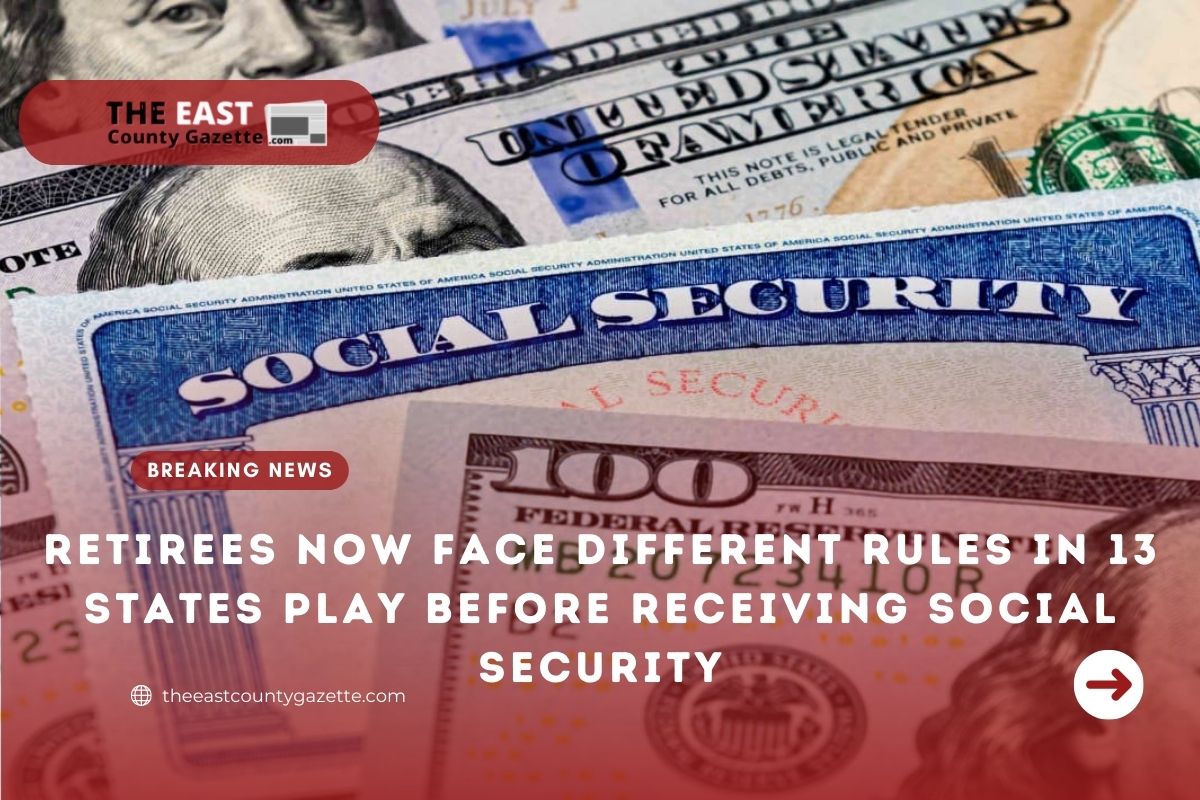Retirees Now Face Different Rules in 13 States Play Before Receiving Social Security
While Social Security is a complex system, seniors must familiarize themselves with its rules since they determine how much income they will receive in their golden years.
Most seniors can’t completely rely on Social Security, but it’s still a vital source of income.
Moreso, the laws and regulations affecting the provision of benefits matter greatly to those who rely on them to cover their basic needs.
Since Social Security is a federal benefit program, many of the rules and regulations are federal ones applicable across the entire country. However, retirees in 13 states should understand the laws in their home states that may affect how much their benefits are.
There are special rules for seniors in these 13 locations (below), and it could rob recipients of some of their benefits.
13 States Where Social Security Rules for Retirees Differs
You need to know how your state taxes Social Security benefits if you live in one of these 13 states.
It is worth noting that this benefit is not taxed in 37 states. Meanwhile, state taxes are imposed on some retirees in these other 13 locations, which end up reducing their benefit amounts.
Read More:
The 13 states are:
- Colorado
- Connecticut
- Kansas
- Minnesota
- Missouri
- Montana
- Nebraska
- New Mexico
- North Dakota
- Rhode Island
- Utah
- Vermont
- West Virginia
If your location has specific tax rules, you might owe Social Security taxes.
As a result, in order to prepare for any unforeseen taxes you may owe, you should find out when and how benefits are taxed.
Finding Out How Your State Taxes Social Security
It is advisable to check with your state’s Department of Revenue or State Tax Commission to find out whether the rules apply to you. Below are links that will direct you to where you can discover the rules for every 13 states,
- Colorado
- Connecticut
- Kansas
- Minnesota
- Missouri
- Montana
- Nebraska
- New Mexico
- North Dakota
- Rhode Island
- Utah
- Vermont
- West Virginia
Read More: 200,000 Californians May Be Without Electricity on Thanksgiving. Here’s Why?
If you don’t have a high income, you can often avoid taxation of Social Security benefits.
Lower-income employees in Utah do not have to pay taxes on their pension benefits when using tax credits. In other states, such as Colorado, there is a “Pension and Annuity Subtraction.” This can make some benefits non-taxable.
As a result of these complicated rules, seniors who live in or plan to retire in one of these states are advised to investigate and discover the amount of tax they’ll pay, if any.
It is important to be aware of your tax liability as you prepare for retirement. The reason for this is for you have enough money left over to live on after you have paid your due to the government.

